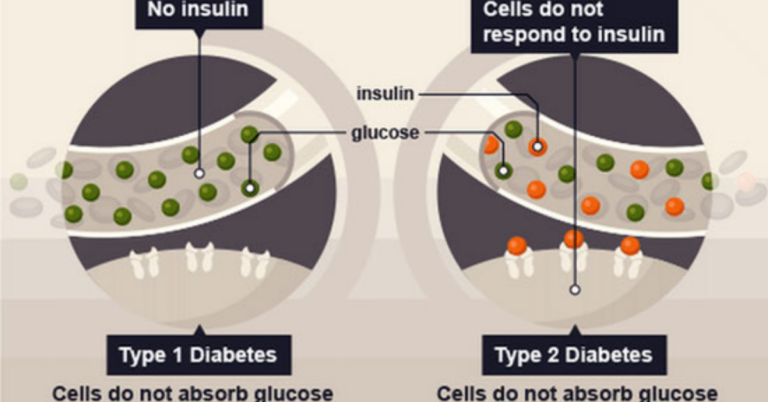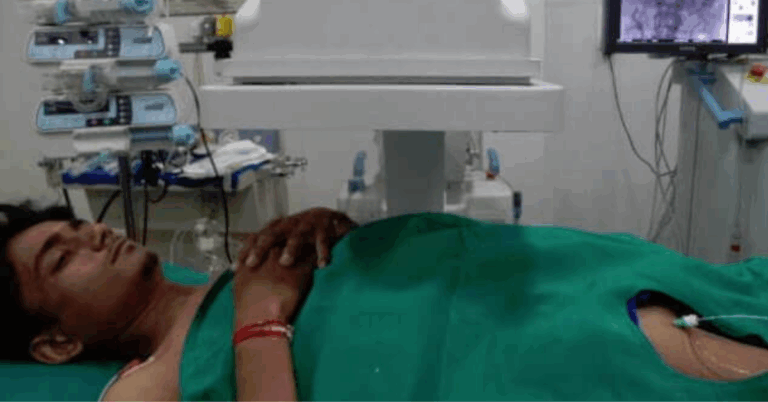How AI is Revolutionizing Healthcare Diagnostics
Artificial Intelligence (AI) has made significant strides in the field of medical imaging, transforming the way healthcare providers analyze and interpret diagnostic scans. By harnessing the power of algorithms and machine learning, AI systems can efficiently process large volumes of imaging data with unparalleled accuracy and speed. This not only expedites the diagnosis process but also enhances the ability to detect subtle abnormalities that may have otherwise gone unnoticed.
Moreover, AI technology in medical imaging has shown promising results in enhancing early disease detection. Machine learning algorithms have the capability to identify patterns and anomalies in images that are imperceptible to the human eye, enabling healthcare professionals to detect potential diseases in their nascent stages. This early detection is crucial as it allows for timely intervention and treatment, ultimately improving patient outcomes and reducing healthcare costs associated with late-stage diseases.
Enhancing Early Disease Detection
One of the most promising advancements in the realm of healthcare is the integration of artificial intelligence (AI) into medical imaging technologies. AI has revolutionized early disease detection by analyzing vast amounts of imaging data with incredible speed and accuracy. By leveraging complex algorithms, AI systems can detect patterns and anomalies in medical images that may signify the presence of a disease at its early stages.
Early detection of diseases such as cancer, cardiovascular conditions, and neurological disorders can significantly improve patient outcomes and survival rates. AI algorithms are capable of identifying subtle changes in images that may go unnoticed by human eyes, allowing for timely intervention and treatment. As AI continues to evolve and improve, the potential for enhancing early disease detection through medical imaging technologies is tremendous, offering new hope for patients and healthcare providers alike.
How can AI be used in medical imaging?
AI can be used in medical imaging to analyze and interpret images, helping to identify patterns and anomalies that may not be easily detected by human eye.
How does AI enhance early disease detection?
AI can help enhance early disease detection by providing more accurate and efficient analysis of medical images, allowing for early identification of potential health issues.
What are the benefits of using AI in medical imaging for early disease detection?
Some benefits of using AI in medical imaging for early disease detection include improved accuracy, faster diagnosis, and the ability to detect subtle changes in images that may indicate the presence of disease.
Can AI replace human radiologists in early disease detection?
While AI can assist and enhance the capabilities of human radiologists, it is not meant to replace them. Human expertise and judgment are still crucial in interpreting results and making final diagnoses.
Are there any limitations to using AI in medical imaging for early disease detection?
Some limitations of using AI in medical imaging for early disease detection include the need for high-quality data for training algorithms, potential biases in the algorithms, and the importance of human oversight in interpreting results.







